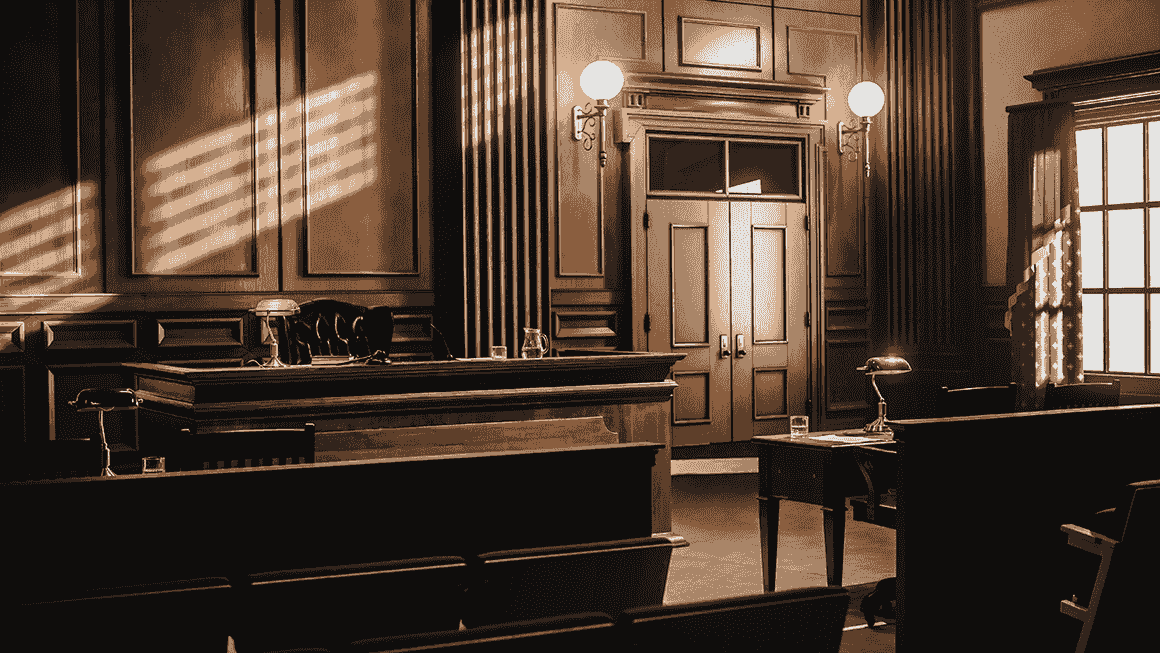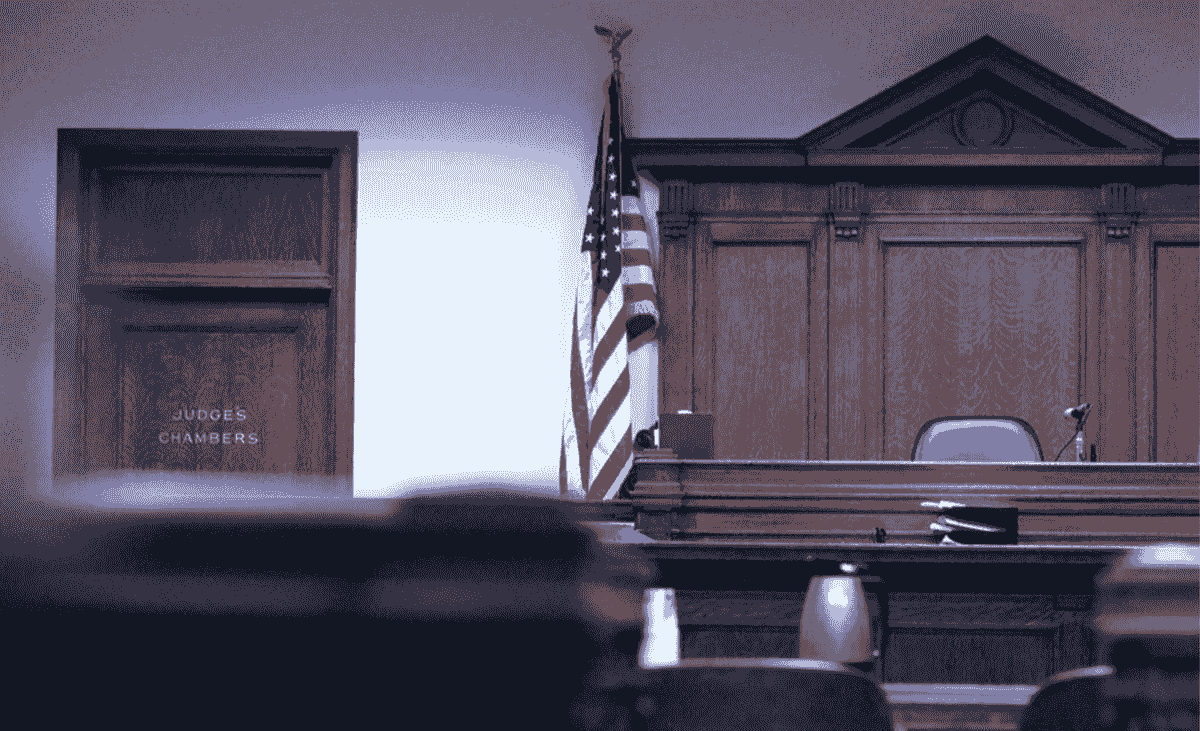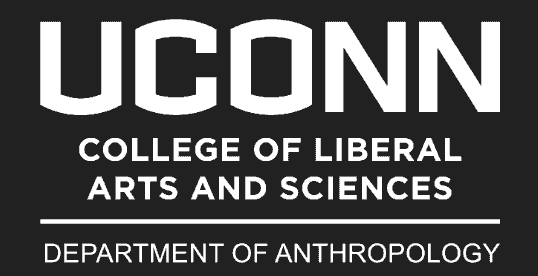
Justice In The Loop
How Algorithms Are Quietly Rewriting the Courts
A ground-level look at how courtroom algorithms are reshaping justice in real time.
Danielle J. Nadeau, MA, JD

Danielle is a legal anthropologist, lawyer, and PhD student at the University of Connecticut. Her research focuses on how courtroom technologies—especially algorithm-based risk assessments—are quietly reshaping decision-making in the U.S. legal system. Through in-person observation and interviews in Kentucky courts, she studies how judges, attorneys, and staff interact with these tools in everyday practice.
Originally from Waterloo, Ontario, Canada, Danielle holds a JD from the University of Kentucky and has experience clerking in both trial and appellate courts. Her work asks how institutions navigate fairness, discretion, and accountability in a time of increasing automation. When she’s not in the courthouse or writing fieldnotes, she’s likely swimming, traveling, or spending time with her two dogs.
THE RESEARCH
What
This project explores how Kentucky judges use algorithm-based risk assessment tools—technologies that help determine whether someone should be released or detained before trial. These tools are meant to reduce human bias, but they can sometimes reinforce inequality.

Where
The research is based in Kentucky, where courtroom algorithms are already part of everyday legal decision-making. By observing trial courts across urban and rural regions of the state, the project captures how these tools function on the ground—often in places far from the national spotlight, but central to understanding justice in practice.

When
The project is underway from 2024 through 2027, capturing a critical moment as algorithmic tools become increasingly embedded in courtroom decision-making. This ongoing timeline allows for a close look at how these technologies evolve—and how legal professionals adapt to or push back against them over time.
Why
As algorithmic tools quietly reshape courtroom decisions across the U.S., they raise urgent questions about fairness, discretion, and public trust. This project seeks to understand their real-world impact—not in theory, but in the day-to-day choices legal professionals make, and the systems those choices uphold.

How
By spending time in courtrooms and listening to the people who work in them, the project follows how algorithmic tools are actually used in daily legal decisions. It’s about understanding technology not from a distance, but through the experiences of those on the ground.
Funding
Thank you to the following organizations for supporting this research

The National Institute of
Social Sciences
This project is supported by a 2025 Dissertation Grant from the National Institute of Social Sciences (NISS).
The National Institute of Social Sciences is a Congressionally-chartered not-for-profit association of public-spirited citizens who support the study of the social sciences through both direct financial support to scholars and public discussions of pressing social challenges, and who honor extraordinary individuals who have rendered distinguished service to humanity.

Gladstein Family Human
Rights Institute
This research is supported by the Gladstein Family Human Rights Institute (HRI) at the University of Connecticut.
The Gladstein Family Human Rights Institute advances human rights knowledge and practice through research, teaching, and engagement. As a university-wide program under the Office of Global Affairs, HRI supports interdisciplinary inquiry into the most pressing human rights questions and prepares the next generation of human rights advocates across a range of fields.

University of Connecticut
Department of Anthropology
This research is supported by
the Department of Anthropology at the University of Connecticut.
The Department of Anthropology offers a holistic, integrative, and multidimensional study of what it means to be human. The work provides valuable insights into evolutionary history, the contemporary world, and the challenges we face today.
GET IN TOUCH
If you’re a current or former judge, public defender, or prosecutor in Kentucky and are interested in participating, we welcome your interest. Others are also encouraged to reach out with questions, or to learn more about the project. Please use the form below to share your details, and you will receive a response as soon as possible.
Please fill in your contact details below:
Email Us: info@justiceintheloop.org | Tel: (859) 913-6214 | Storrs, CT








